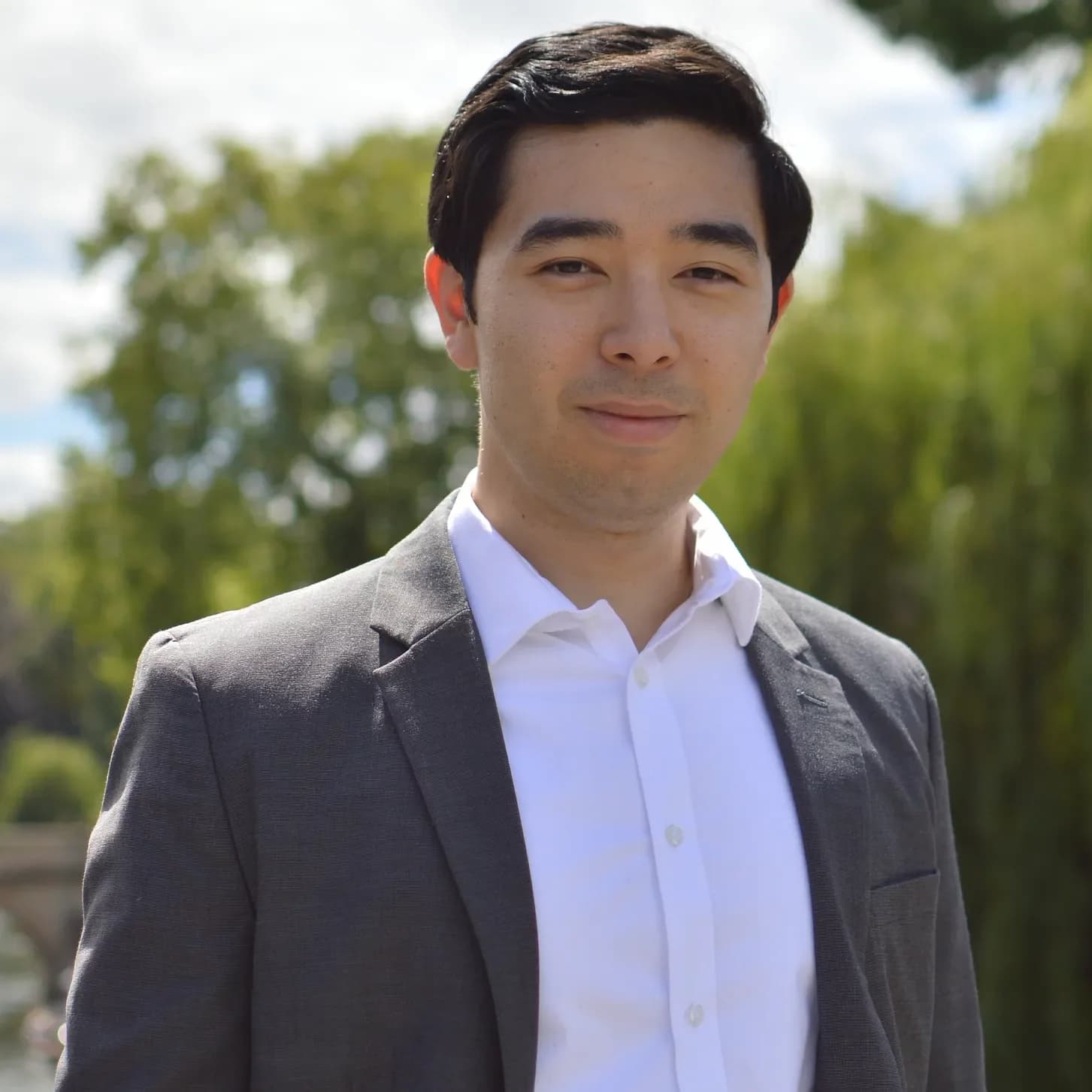Rob Henderson's "Luxury Beliefs" Concept Sparks Debate on Elite Ideologies and Societal Impact

Rob Henderson, a prominent social commentator and author, recently drew attention to a common intellectual pitfall on social media, tweeting, > "When people on twitter/x say 'Isn’t this just [superficially similar but unrelated concept]?'" This observation underscores his broader work on "luxury beliefs," a concept he coined to describe ideas and opinions that confer status on the upper class with minimal personal cost, often while imposing significant burdens on lower socioeconomic groups. Henderson's framework suggests these beliefs have become modern status symbols, replacing traditional luxury goods.
Luxury beliefs are defined as notions that allow the privileged to signal their moral or intellectual superiority without directly experiencing the negative consequences. Examples frequently cited by Henderson include advocating for policies like "defund the police," promoting the rejection of traditional marriage, or downplaying individual agency in personal success. These ideas, while fashionable among certain elite circles, can lead to detrimental outcomes for working-class and marginalized communities, such as increased crime rates or family instability.
The rationale behind these beliefs, according to Henderson, is rooted in the human desire for distinction, echoing Thorstein Veblen's theories of conspicuous consumption. As material goods become more accessible, the affluent shift to signaling status through ideology. For instance, supporting "defund the police" may be a low-cost stance for those living in safe, well-resourced communities, but it can exacerbate safety issues in less privileged areas.
However, the concept of luxury beliefs is not without its critics. Jessica Grose of The New York Times, for example, has voiced skepticism, questioning the direct causal link between elite beliefs and broader societal trends like declining marriage rates, suggesting other confounding factors may be at play. Despite critiques, the term continues to fuel discussions about the influence of elite perspectives on public discourse and policy.
Henderson's work, including his memoir "Troubled," posits that while luxury goods eventually trickle down to the masses, luxury beliefs can have lasting, detrimental effects on the less fortunate. This ongoing dialogue highlights a perceived disconnect between the theoretical ideals espoused by some elites and the practical realities faced by everyday citizens, prompting further examination of how societal values are shaped and whose interests they ultimately serve.